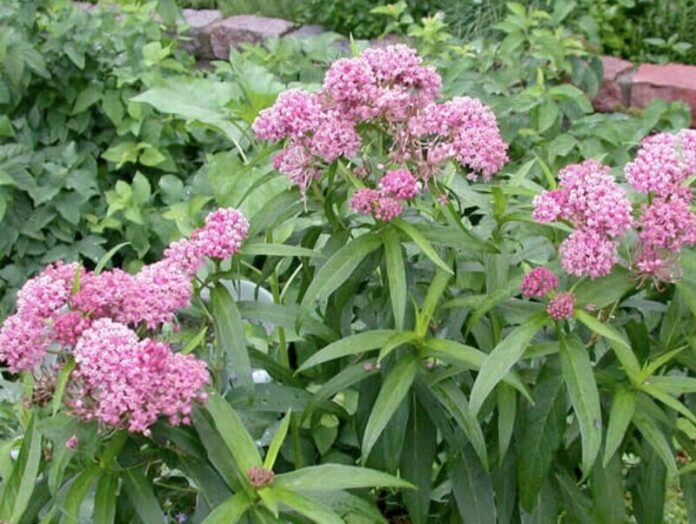
With the ringing in of the new year comes thoughts of spring and resolutions to live better in the coming months. While you may make resolutions about getting healthy and in better physical condition or saving more money, there are other types of resolutions we can all make. Last year Tennessee Department of Transportation (TDOT) made one to take the lead nationally in restoring the habitats of pollinators as their numbers have been steadily declining, and TDOT has been reaching out to the public, especially school children, to help them in this effort.
Pollinators are critical to our food supply. They include birds, bees, butterflies, bats and beetles. The decrease in numbers can have serious implications. This loss is happening due to several factors, including climate change, pesticide use, biodiversity loss, and loss of habitats due to land development.
According to IVO.vet, “The USDA notes that ‘three-fourths of the world’s flowering plants and about 35 percent of the world’s food crops depend on animal pollinators to reproduce.’ This demonstrates the importance of pollination in global food systems. In addition to supporting agriculture, pollinators also support the reproduction of flowering plants that produce half of the world’s oils, fibers, and raw materials; prevent soil erosion; and increase carbon sequestration.”
One example of critical decline is the Monarch butterfly. Populations of this beautiful orange, white and black creature have gone down by 90% since 1992. TDOT has taken on the goal of stemming the loss of these butterflies through their highly successful Project Milkweed. Milkweed plants are the only source of food and are the host plant for eggs for the monarch caterpillar. The best way to help these pollinators is to rebuild their habitat and give them the food and shelter they need to survive. To help monarchs, and other pollinators, the TDOT Pollinator Habitat Program began providing free milkweed seeds to anyone in Tennessee who would join them on their mission. The program was such a huge success, resulting in giving away 800,000 packets of milkweed seeds, that they had to halt it until June 2024.
Milkweed seeds are delivered in the Fall, as they need to be planted in August or September, certainly no later than October 15, because the winter cold is important to their germination process. But planning a garden takes place mostly in the spring, so now is the time to consider putting milkweed into any garden planting plan. Many people are planting pollinator gardens. Pollinator.org offers free regional planning guides to help gardeners select the proper plants for their part of the country.
Different pollinators are attracted by different things, like the color of a plant, the odor, the amount of nectar, the amount of pollen and even the shape of the leaves. For example, bees like bright white, yellow or blue flowers with a landing surface, while butterflies like red and blue flowers with more of a tube shape, and bats like dull colored planting with a pungent scent. Sunflowers, violets, coreopsis, iris, bee balm, phlox, black-eyed Susans are just some of the plantings that do well in Tennessee and draw pollinators.
As part of the nation’s transportation funding law, and the Fixing America’s Surface Act, pollinator friendly policies and practices have been developed to allow the Tennessee to provide educational resources to the public about TDOT’s efforts to get the public involved, and new practices to stem the tide of pollinator loss. These practices include maintaining pollinator habitat along the state’s 13, 807 miles of state-maintained roadways, as well as welcome centers and rest stops. Another change will be the mowing schedule along these state-maintained roads; they will be compatible with pollinator reproduction schedules when they need the milkweed and other plantings to house their eggs.
To learn more about this project go to https://tnpollinators.org/.















